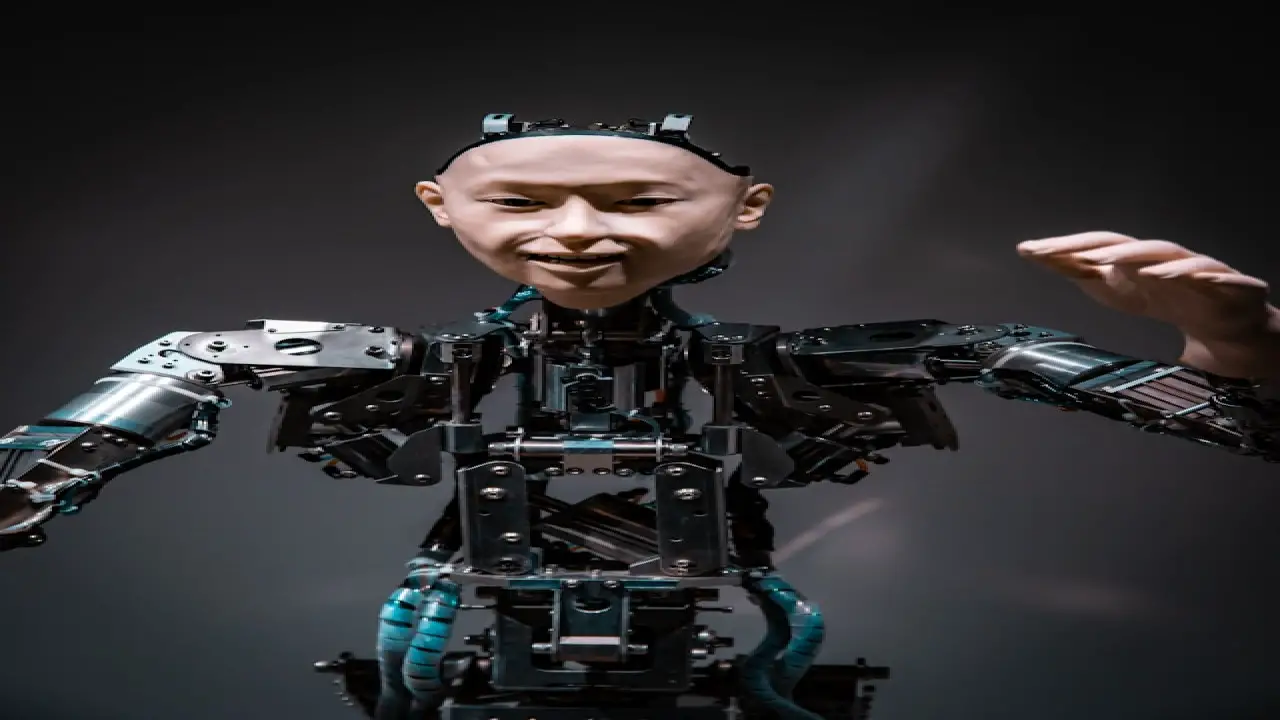Decoding the Backbone of the Internet: How Servers Work in the Digital Age
Introduction:
In the digital age, where the internet is an integral part of daily life, understanding how servers work is crucial. From streaming videos to accessing websites, servers play a pivotal role in delivering information to users worldwide. This article aims to delve deep into the intricate workings of servers, explaining their functionalities, architecture, and significance in the modern world.
I. What is a Server?
A. Definition and Basics
B. Types of Servers (Web Servers, File Servers, Database Servers, etc.)
II. Server Architecture
A. Hardware Components
1. CPU (Central Processing Unit)
2. RAM (Random Access Memory)
3. Storage (Hard Disk Drives, Solid State Drives)
4. Networking Components (NIC, Switches, Routers)
B. Software Components
1. Operating System (Windows Server, Linux, etc.)
2. Server Software (Apache, Nginx, Microsoft IIS)
III. How Servers Handle Requests
A. Client-Server Model
B. Request-Response Cycle
C. Protocols (HTTP, FTP, SMTP, etc.)
IV. Server Locations and Data Centers
A. Physical vs. Virtual Servers
B. Data Center Infrastructure
C. Redundancy and Backup Systems
V. Load Balancing and Scalability
A. Distributing Workload
B. Horizontal vs. Vertical Scaling
C. Importance for High-Traffic Websites and Applications
VI. Security Measures
A. Firewalls and Intrusion Detection Systems
B. Encryption (SSL/TLS)
C. Access Control and Authentication Mechanisms
VII. Cloud Computing and Virtualization
A. Virtual Servers and Cloud Hosting Providers (AWS, Azure, Google Cloud)
B. Benefits and Challenges
C. Future Trends
VIII. The Role of Servers in Emerging Technologies
A. Internet of Things (IoT)
B. Edge Computing
C. Artificial Intelligence and Machine Learning
IX. Case Studies and Real-World Examples
A. Netflix: Delivering Streaming Content at Scale
B. Google: Powering Search and Cloud Services
C. E-commerce Platforms: Handling Online Transactions
Conclusion:
Servers are the backbone of the internet, serving as the engines that power our digital experiences. Understanding how servers work is essential for anyone navigating the online landscape. From their architecture to their role in emerging technologies, servers continue to shape the future of connectivity and innovation. As technology evolves, so too will the capabilities and functionalities of servers, ensuring a seamless and reliable internet experience for users worldwide.









Comments (0)